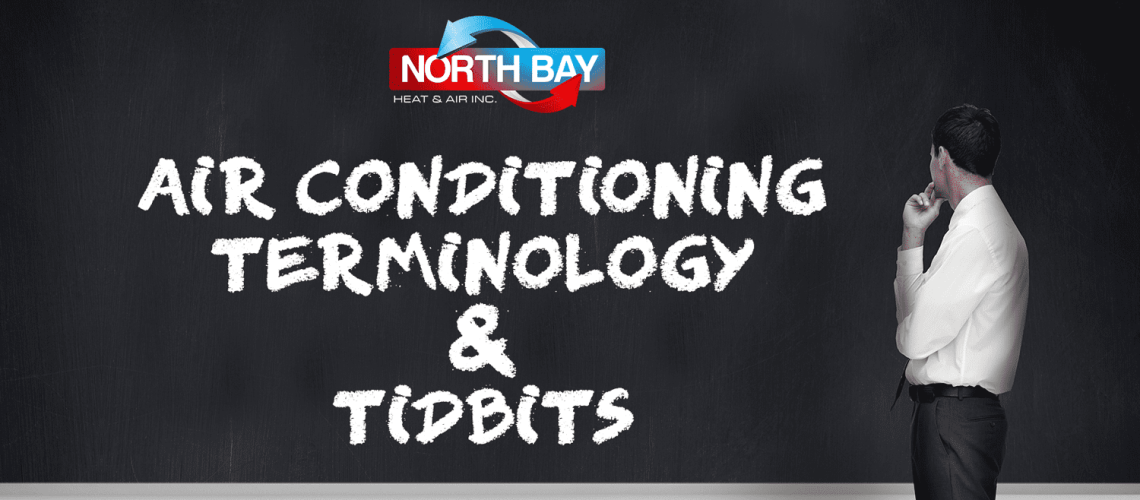Do you want to learn the HVAC language? You can start by understanding these air conditioning terminologies. This can help you make better decisions on your next purchase. And, you can also save yourself from deceitful technicians.
Here are some of the most important terminologies you should never miss:
Checking the Charge
Just like checking the amount of gas in your car, it is also important to get updates on the level of refrigerants inside your air conditioning system. There are times that refrigerants escape because of leaks. If this happens and your refrigerant turns low, be sure to find the leaks first before refilling the tank.
SEER (Seasonal Energy Efficiency Rating)
SEER is the most common way to evaluate the cooling power of air conditioners. You get the SEER by dividing the ratio of the cooling output of an HVAC unit over the energy consumed in Watt-Hours. The higher the SEER, the more efficient the unit.
MERV (Minimum Efficiency Reporting Value)
MERV is a rating which determines the capacity of an HVAC filter to trap and screen particles, chemicals and harmful microorganisms that go along with the air in the system. More efficient air filters are those with higher MERV ratings.
PTAC (Package Terminal Air Conditioner)
It is a type of air conditioner that is attached through walls and contains all parts and components of a single air conditioning unit. This is commonly used in hotel rooms.
Grill
This is a metal mesh on the wall that helps in pulling fresh air into the air conditioning unit within the house.
Load Calculation
It is an essential procedure your HVAC contractor should do before buying a brand new air conditioning system. The load calculation is the amount of pressure or energy of an HVAC system that a house or business needs. This prevents buyers from purchasing too small or too big units.
Reversing Valve
It is the component that identifies the difference between a heat pump and an air conditioning system.
Refrigeration Cycle
This thermodynamic cycle allows refrigerants to remove heat from inside the house. This is the reason why you feel cool when you start to run your air conditioner.
Supply
This is a part of the duct system that pulls conditioned air towards the house. When you turn on your A/C, you will find cool air coming out from your supply vents.
Schedule an HVAC service with North Bay Heating and Air and have a free HVAC question and answer opportunity with our knowledgeable experts. Call us today!




